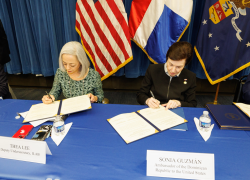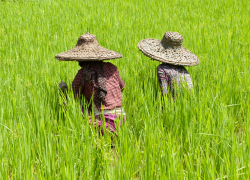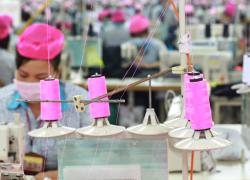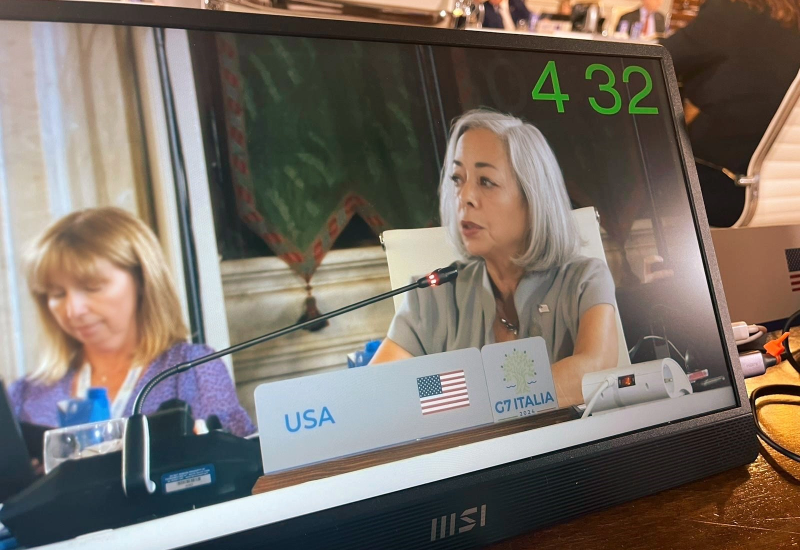
It has been the honor of a lifetime to serve as Deputy Undersecretary for International Affairs at the U.S. Department of Labor, leading the inspirational, talented and passionate team at the Bureau of International Labor Affairs (ILAB).
Under the extraordinary leadership of Acting Secretary Julie Su, President Biden and Vice President Harris, we had a remarkably productive – and impactful – four years. We built bipartisan congressional support, unparalleled interagency cooperation and increasingly strong international partnerships. President Biden’s unapologetic, sincere and full-throated support for workers and unions, both domestically and internationally, provided powerful momentum for the work ILAB has always done.
ILAB isn’t well known outside of certain circles, but it is the single largest government agency tasked with protecting global labor rights anywhere in the world. Our tools include research and reporting, technical assistance, trade monitoring and enforcement and labor diplomacy.
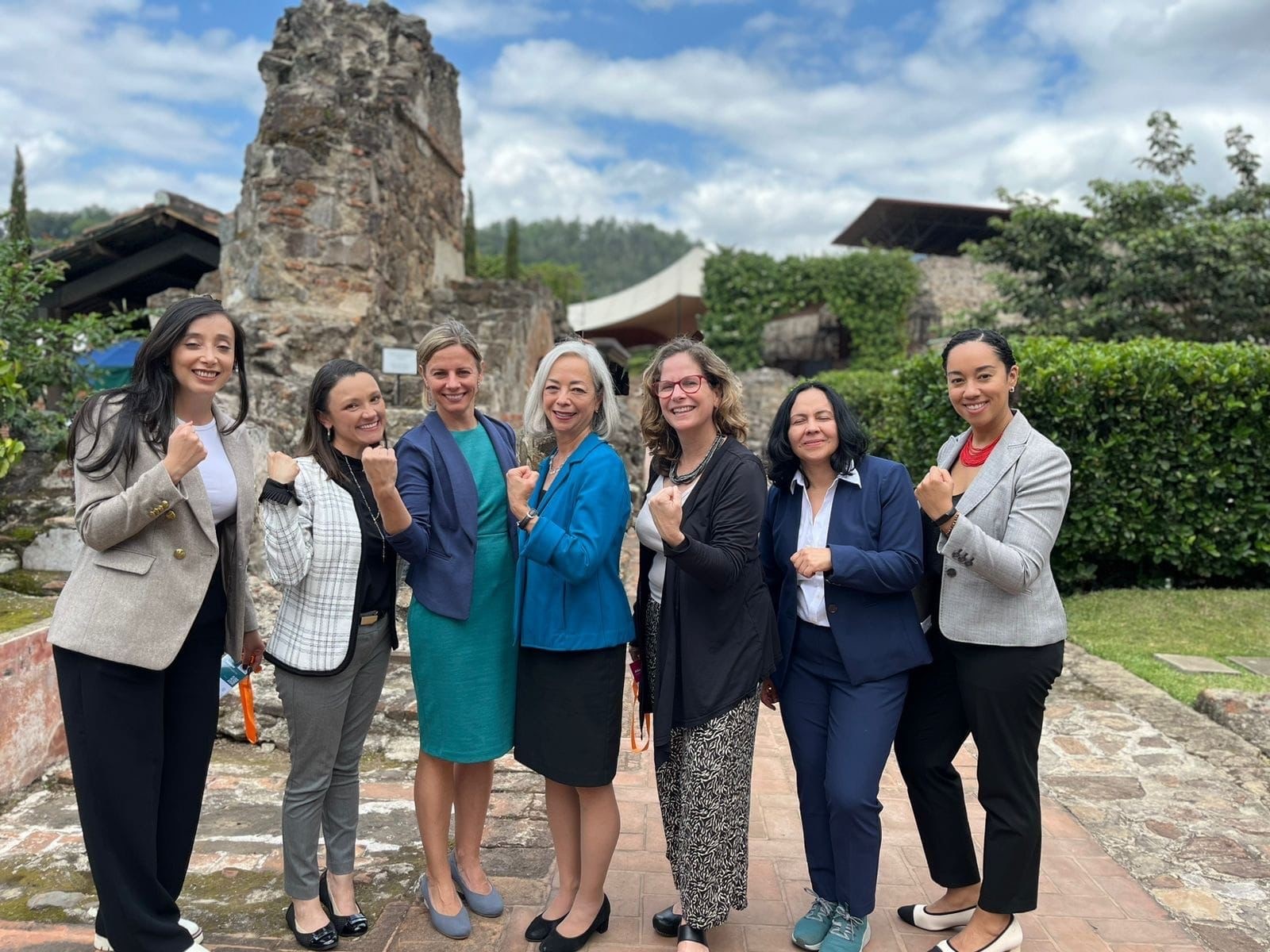
In the last four years, I have traveled the world and met with labor ministers, ambassadors, union leaders, journalists, civil society and CEOs. I have visited a blueberry farm in Argentina; labor courts in Mexico; a cut-flower greenhouse in Colombia; an artisanal chocolate kitchen in Cote d’Ivoire; a palm oil plantation in Malaysia; a fishing vessel in Taiwan; an auto factory in Japan; and apparel factories in Jordan, Honduras and Vietnam.
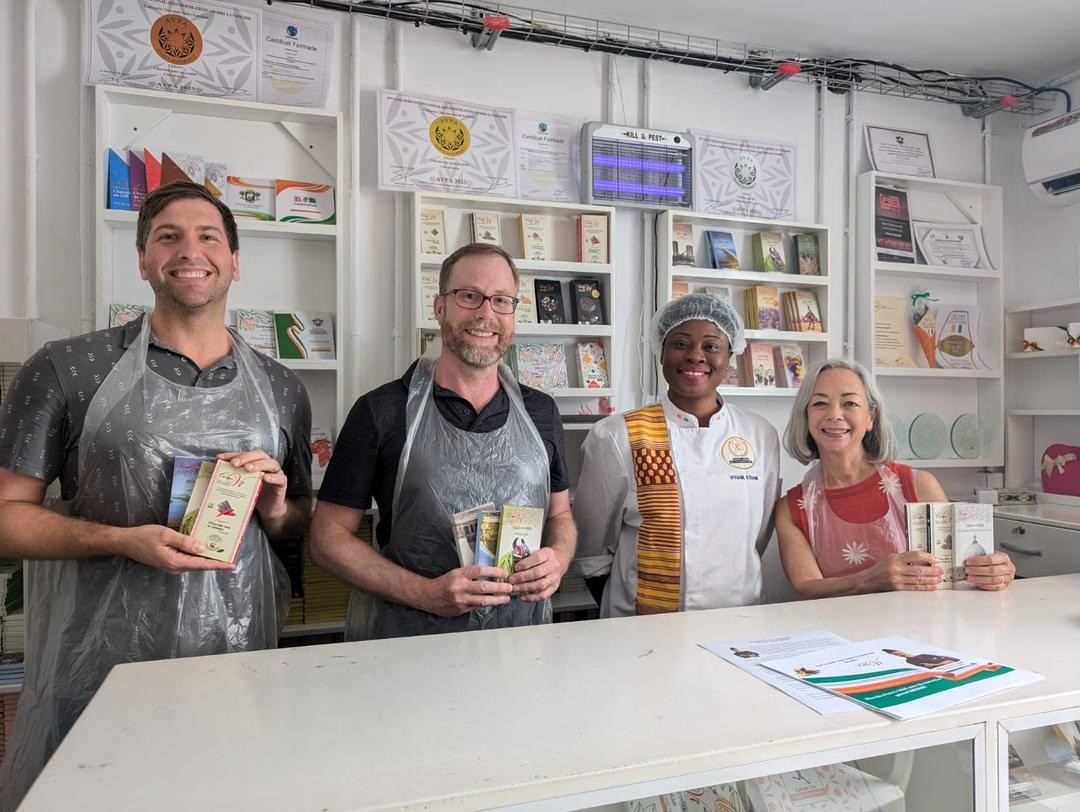
Wherever we go, we are looking for leverage to make lasting change. It might be the labor chapter in a trade agreement, international pressure, an alliance with corporations, a high-profile exposé or an inconvenient report.
We have had plenty of victories along the way. In Guatemala, I met with women apparel workers trying to form a union. We were all tearful, as they thanked ILAB’s team for urging the government to recognize their union, breaking a longstanding logjam. In Bangladesh, workers are at the table as labor law reform is under way. In Mexico, 35,000 workers have newly independent union representation and new contracts with significant wage increases.

The world is changing. Governments and corporations are being held accountable for labor rights in new and powerful ways, and ILAB has stepped up with several game-changing initiatives.
First, we built an international community of support via the Multilateral Partnership for Organizing, Worker Empowerment, and Rights (M-POWER). M-POWER is a north-south global partnership to support workers’ rights and unions. We ensured M-POWER’s longevity by establishing an independent secretariat and welcoming Spain as the new co-chair.
Second, with the Presidential Memorandum on global labor rights, our interagency partners committed to unprecedented whole-of-government cooperation so that every U.S. embassy and agency is prioritizing worker engagement and workers’ rights. We have collaborated to address labor abuses on the high seas; consistency in government procurement; and alignment between foreign policy, trade and workers’ rights.
Third, we used labor diplomacy to strengthen and deepen our work with like-minded governments and organizations, including the G20 and G7, the Organization for Economic Cooperation and Development and the International Labor Organization. We have expanded the U.S. Department of Labor’s presence in strategic countries by creating new labor attaché positions in Vietnam, Bangladesh, Guatemala, Ghana, Brazil and Geneva.
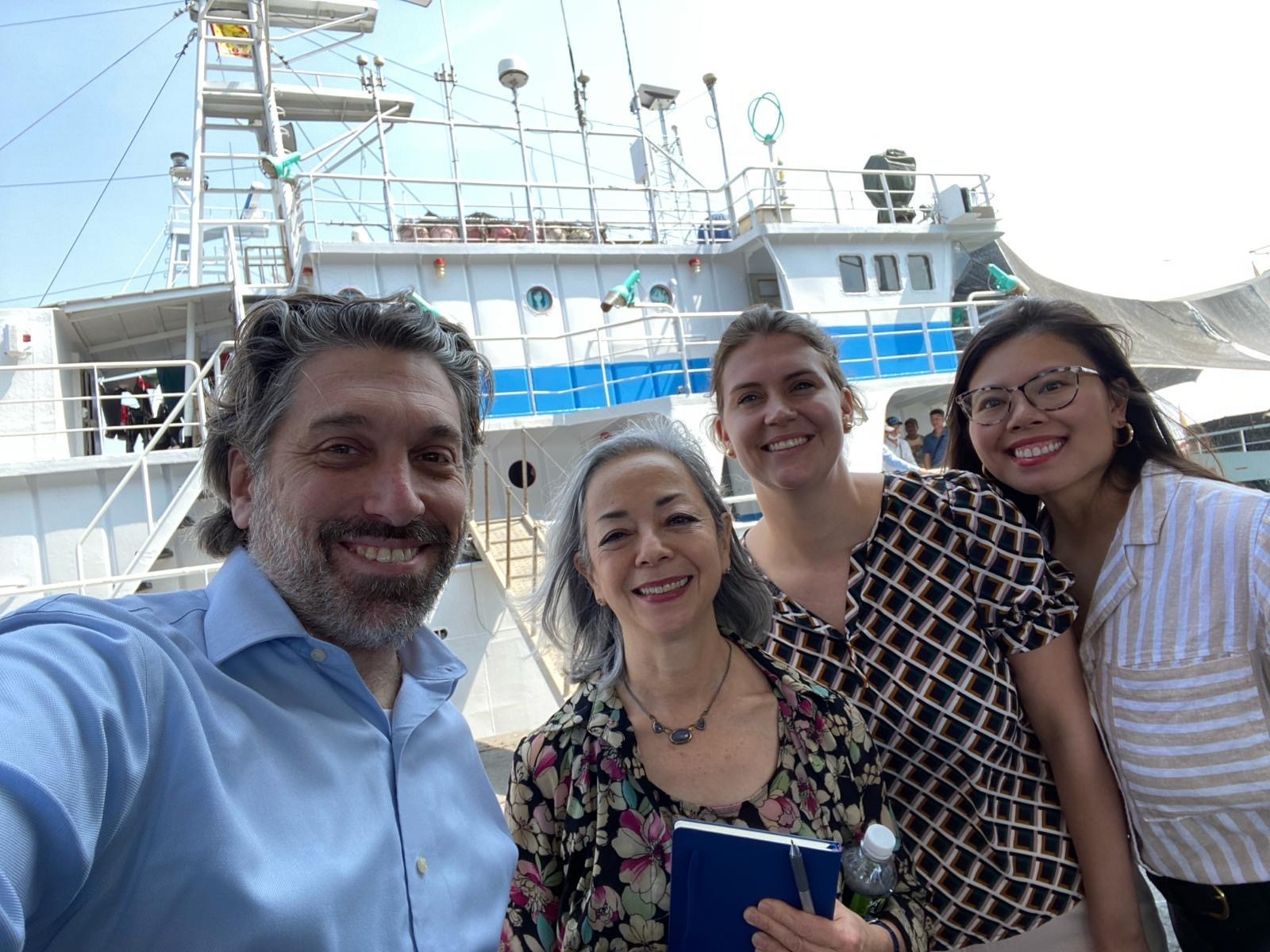
At the end of the day, lasting change comes about when the balance of power changes – when workers can form their own democratic, independent organizations and raise their collective voices – both at the bargaining table and in the political arena. American workers and businesses are stronger when they aren’t in competition with workers whose rights are trampled. I am proud that we have used the resources, leverage and voice of the U.S. government toward this end – and I hope that others will build on this work in the years to come.
Thea Lee is the deputy undersecretary for international affairs at the Bureau of International Labor Affairs.

 U.S. Department of Labor Blog
U.S. Department of Labor Blog
